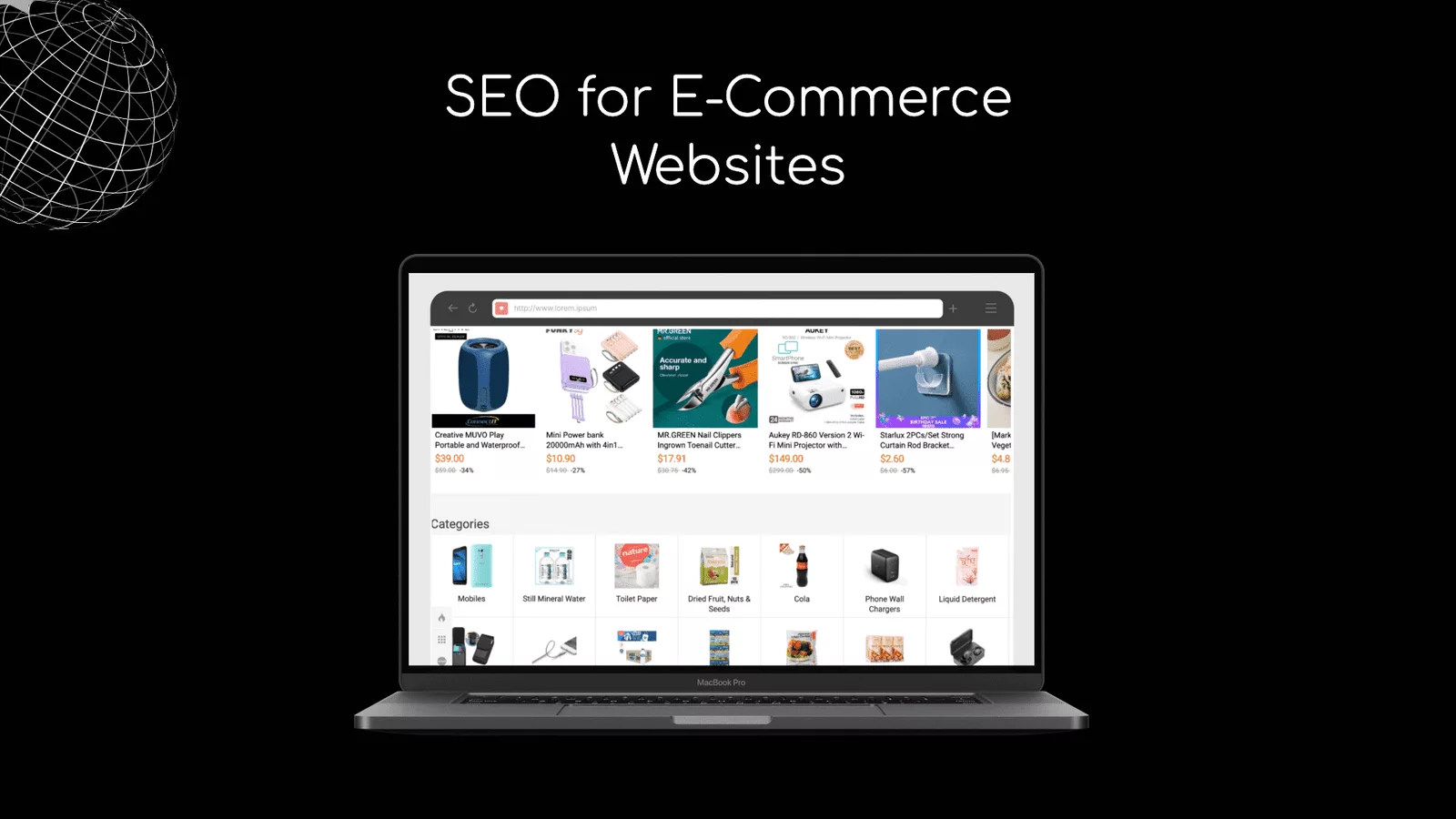SEO is critical to any online website’s success, especially e-Commerce. This is why it is important to invest the necessary time to develop your online store.
This list is an e-commerce SEO checklist designed to help you make an efficient and search-friendly e-commerce website. The initial steps in SEO for websites are very simple. It’s important for you to learn SEO and get started with e-commerce businesses.
What is E-commerce SEO?
E-commerce SEO refers to the process of optimizing an online store’s website in order to make it more visible and accessible to potential customers through search engine results. This involves using techniques such as keyword research and optimization, site structure optimization, and content creation, among others.
E-commerce SEO is crucial for the success of any online store, as it helps to increase website rankings, drive relevant traffic, and enhance overall engagement and conversions. With the right strategies and tools in place, e-commerce businesses can maximize their online presence and attract more customers to their websites.
Request Free Review
We start by reviewing your website and then take a look at your current ranking in SERPs.
- Unlock Your Website’s Potential with Our Comprehensive Analysis.
- Outrank Your Competitors with Our Expert Insights and Recommendations.
- Ways for increasing website traffic.
- Get Tailored Recommendations to Achieve Better Results Online.
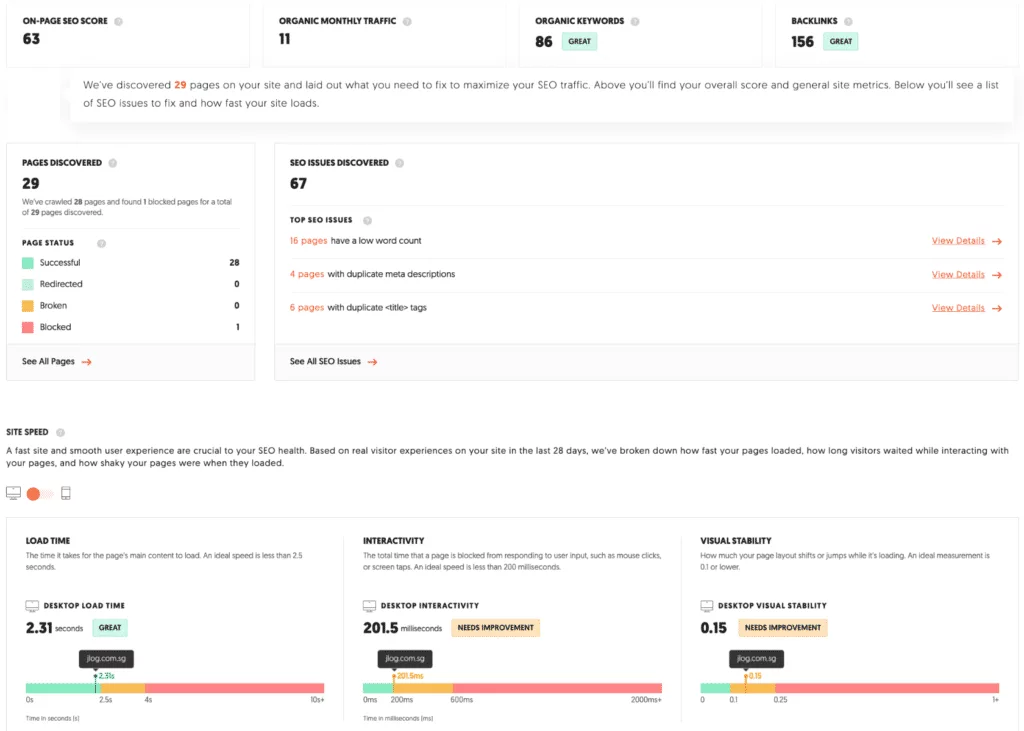
Why SEO is crucial for e-commerce success?
SEO is crucial for the success of any e-commerce website. A lot of online stores rely on search engines to attract customers and sales, so having a good SEO strategy in place is essential.
By optimizing your website for search engines, you can improve your visibility and attract more relevant traffic to your site. It also increases your website’s credibility and trustworthiness, making it more likely that visitors will become customers.
Moreover, SEO enhances engagement and conversions on your e-commerce website, resulting in higher revenue and better ROI.
In short, if you want to stay ahead of the competition and succeed in the e-commerce industry, investing in SEO is a must.
Benefits of SEO for E-commerce
Optimizing your e-commerce website for search engines has numerous benefits which cannot be ignored for the success of your online business. Implementing SEO strategies will not only boost your website’s visibility but also drive relevant traffic to your e-commerce platform, increasing your chances of conversions and sales.
Moreover, SEO tactics will enhance your website’s credibility and help build trust with your potential customers. By regularly monitoring and measuring your SEO success, you can better understand and improve upon the areas that need attention.
With careful keyword research, you can tailor your website’s content to meet the specific needs of your target audience, increasing the chances of attracting engaged and loyal customers to your online business.
Therefore, if you operate an e-commerce store in Singapore, it is essential to prioritize SEO to reap the benefits it offers for long-term and sustainable success.
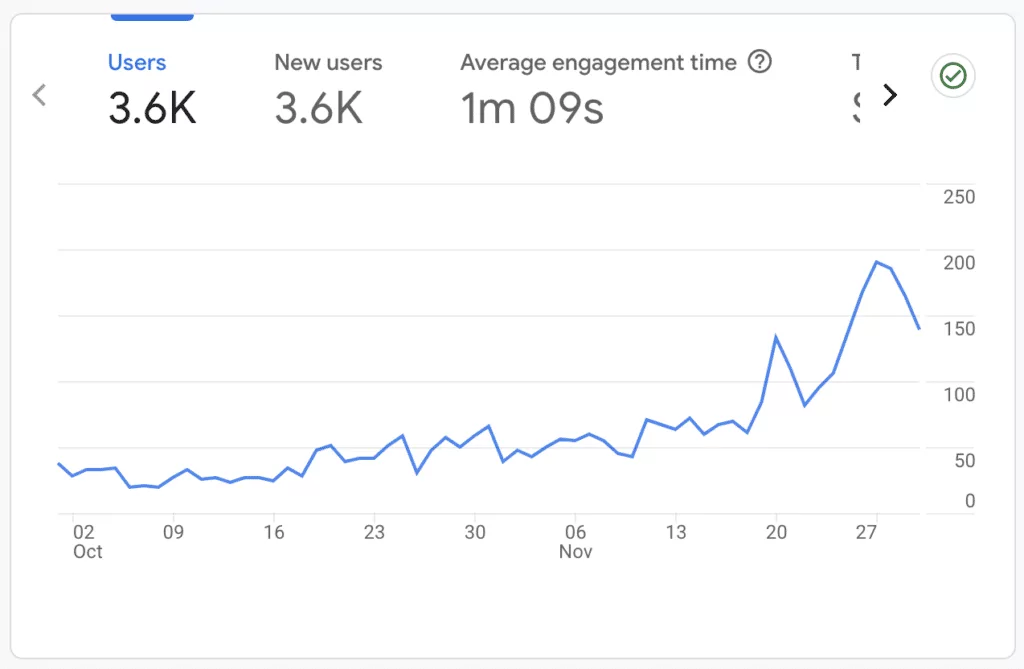
SEO improves the visibility of your e-commerce website
By implementing effective SEO strategies for your e-commerce website, you can improve its visibility on search engines like Google. This means that potential customers can easily find you when they search for products or services similar to what you offer.
Higher visibility translates into more organic traffic, and ultimately more sales for your business. With SEO, you can optimize your website to appear on top of the search engine results pages, increasing your chances of being noticed by potential customers.
The better visibility you have, the more trust and authority your website can build in your targeted audience, enhancing your brand image and positioning yourself as the go-to online store for their needs.
SEO drives relevant traffic to your e-commerce website
SEO is all about driving relevant traffic to your e-commerce website. When you optimize your website for search engines, you’re essentially making it easier for potential customers to find you.
By understanding your target audience and their search behavior, you can identify high-volume keywords that are relevant to your products or services.
By analyzing competitor keywords and strategies, you can also see what’s working well in your industry and adjust your own approach accordingly. By using long-tail keywords to target specific customer needs, you can attract more qualified traffic that’s more likely to convert.
And by optimizing product descriptions and meta tags with targeted keywords, you can improve click-through rates and boost your overall visibility in search results. All of these factors contribute to higher visibility, more traffic, and ultimately, more sales for your e-commerce business.
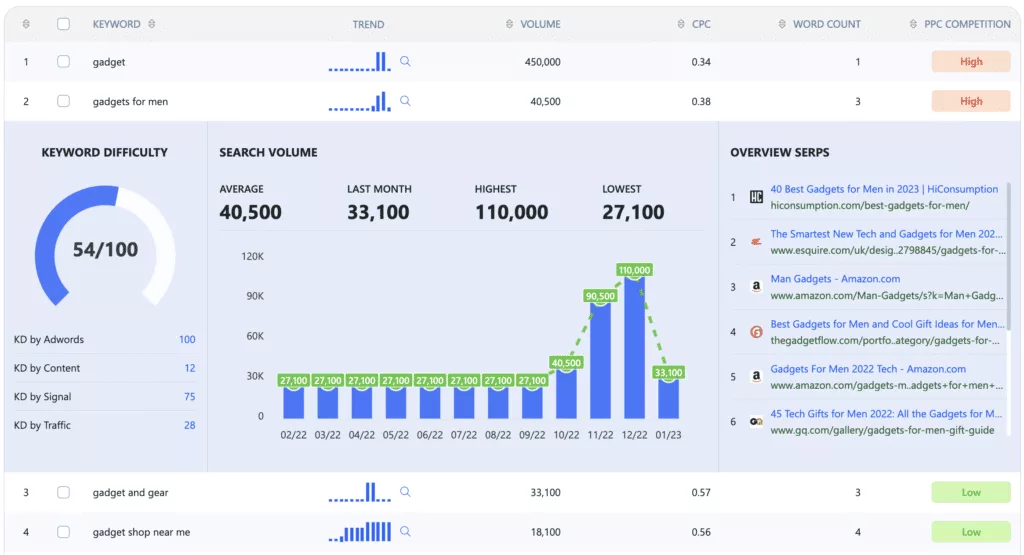
SEO enhances your website’s credibility and trustworthiness
An often overlooked but critical benefit of SEO for e-commerce is the enhancement of your website’s credibility and trustworthiness. By optimizing your website’s content and structure, you establish a strong online presence that positions you as an authoritative source in your industry.
This credibility instills trust in your visitors and encourages them to not only make a purchase but to also return and recommend your website to others.
With a well-optimized website that ranks higher in search engine results pages (SERPs), your brand’s online reputation is also strengthened, as search engines prioritize authoritative and trustworthy sites.
By investing in SEO for your e-commerce website, you not only generate more traffic and sales but also establish a positive and credible online image for your brand.
SEO increases engagement and conversions on your e-commerce website
When it comes to e-commerce success, engagement, and conversions are key. And SEO plays a crucial role in increasing both. By optimizing your e-commerce website for search engines, you can attract relevant traffic and provide a seamless user experience.
This, in turn, leads to increased engagement, such as longer time spent on the site and more pageviews. And when your website is user-friendly and content-rich, it’s more likely that visitors will convert into customers.
Whether it’s making a purchase or signing up for a newsletter, SEO can help increase conversions on your e-commerce website. And by continually measuring and refining your SEO efforts, you can continue to improve engagement and conversions over time.
Measuring SEO success
Measuring the success of your e-commerce SEO efforts is crucial for a sustainable and effective strategy. The key performance indicators for measuring SEO success include website traffic, engagement, and conversions. This data can help identify areas for improvement and measure the ROI of your SEO investment.
As a B2B digital marketing agency serving clients in Southeast Asia, we understand the significance of tracking and measuring SEO success.
By staying on top of the latest trends and algorithms, we can help our clients achieve their goals and improve their online visibility.
With our comprehensive guide, you can optimize your e-commerce website’s SEO, drive relevant traffic, and ultimately increase conversions.
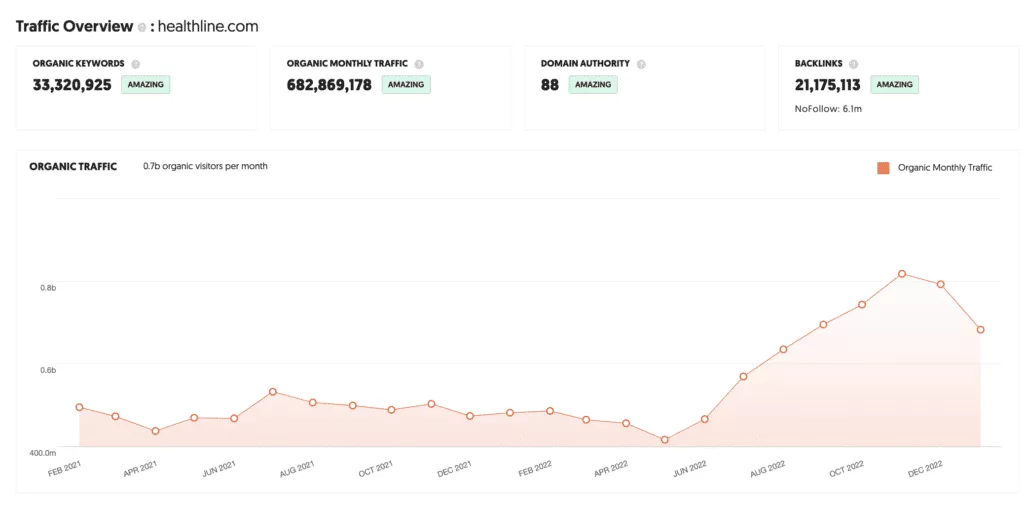
E-commerce Keyword Research Checklist
By using tools like Google Keyword Planner or Ahrefs, businesses can gain insight into the search volume behind certain keywords and tailor their content accordingly. Cautions against using overly competitive 1-word broad keywords and instead suggests targeting more specific keywords that have less competition. By following this checklist, businesses can improve their SEO and attract more traffic to their online store.
Understand your target audience and their search behavior
Understanding your target audience and their search behavior is essential for successful e-commerce SEO. Conducting thorough research on your ideal customer allows you to tailor your content and keyword strategy to their needs and preferences.
By analyzing the language and search terms they use, you can identify high-volume keywords that align with their search behavior. Additionally, understanding your target audience helps you craft product descriptions and meta tags that resonate with them, increasing the chances of conversions.
Take advantage of tools like Facebook Audience Insights to gain deeper insights into your target audience’s demographics and interests. With this knowledge, you can optimize your e-commerce website for higher visibility, engagement, and conversions.
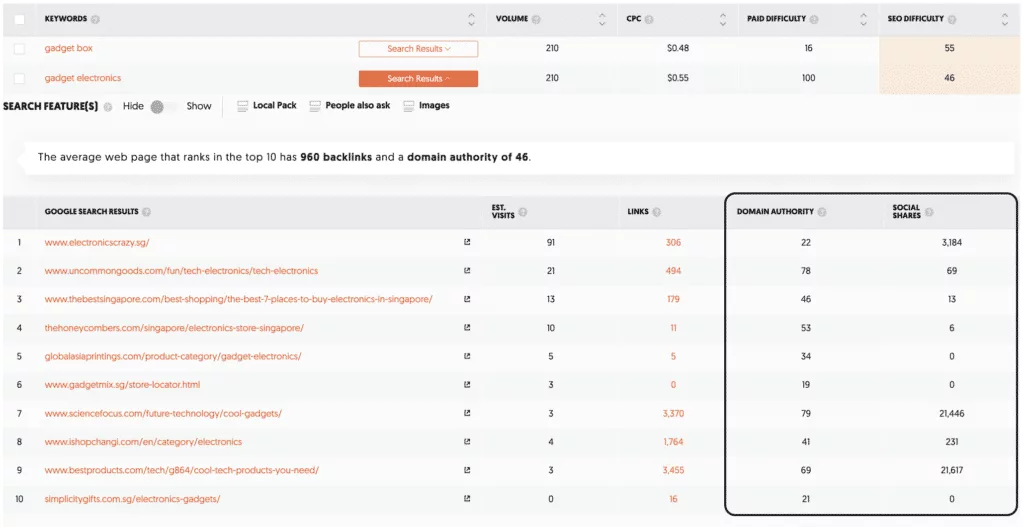
Identify high-volume keywords relevant to your products or services
Identifying high-volume keywords that are relevant to your products or services is a crucial element of e-commerce SEO. Knowing the keywords your potential customers are searching for can help you optimize your website content and product descriptions to match those queries.
By using keyword research tools, you can identify high-traffic keywords and phrases that align with your offerings. It’s important to keep in mind that using generic keywords may not provide the best results for driving targeted traffic to your e-commerce site.
Instead, focus on long-tail keywords that are more specific to your products or services. By incorporating targeted keywords into your web pages, you increase the likelihood of appearing in relevant search results and attracting qualified traffic to your site.
Analyze competitor keywords and strategies
Analyzing your competitors’ keywords and strategies is an important step in ensuring the success of your e-commerce website’s SEO. By understanding what keywords your competitors are targeting, you can identify areas where you can differentiate and potentially rank higher.
Additionally, analyzing their overall SEO strategy can provide insight into what is working and what may not be effective in your industry. This can help you make informed decisions on where to focus your own SEO efforts.
By utilizing the information gathered from the competitor analysis, you can create a comprehensive SEO plan that will give your e-commerce website a competitive edge in the market.

Use long-tail keywords to target specific customer needs
E-commerce businesses that want to boost their traffic and target specific customer needs can benefit from using long-tail keywords. These phrases are made up of three to five words that describe content in a way that aligns with customer searches.
By creating content that targets these phrases, businesses can improve their relevance in search engine results pages and attract more organic traffic. For example, instead of using a generic term like “computer desk”, a business could use a long tail keyword like “Oak Wood Veneer Computer Desk”. This way, they are more likely to be found by customers who are actively searching for that specific type of desk.
It’s important for businesses to do their research, identify relevant long tail keywords, and use them strategically in their content creation efforts to improve their overall search engine optimization (SEO) strategy.
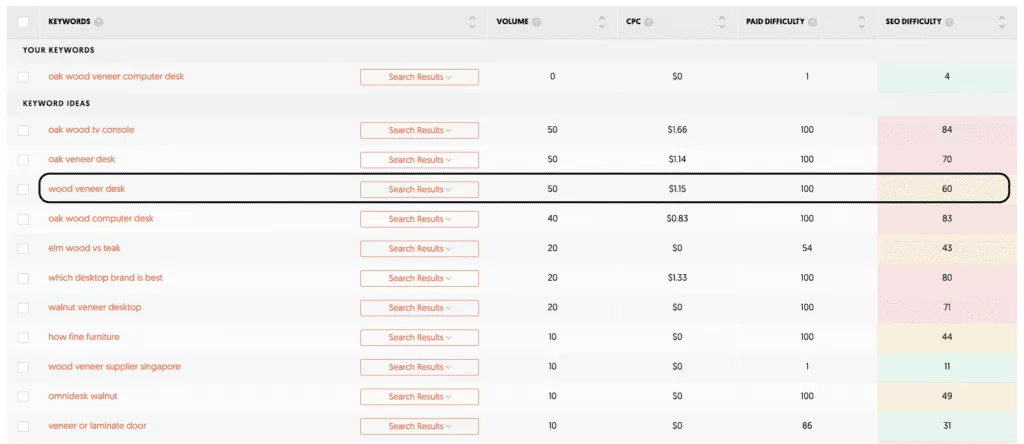
Optimize product descriptions and meta tags with targeted keywords
To successfully optimize your e-commerce website for search engines, it’s crucial to apply targeted keywords to your product descriptions and meta tags.
By doing so, you’ll improve your website’s visibility on search engine results pages and increase the chances of attracting the right traffic to your site. Make use of long-tail keywords that target specific customer needs, as well as high-volume keywords that are relevant to your products or services.
Additionally, analyzing your competitors’ keywords and strategies can help you tailor your own approach to stand out. With optimized product descriptions and meta tags, your e-commerce website is more likely to achieve higher engagement and conversions, leading to greater success in the competitive world of online retail.
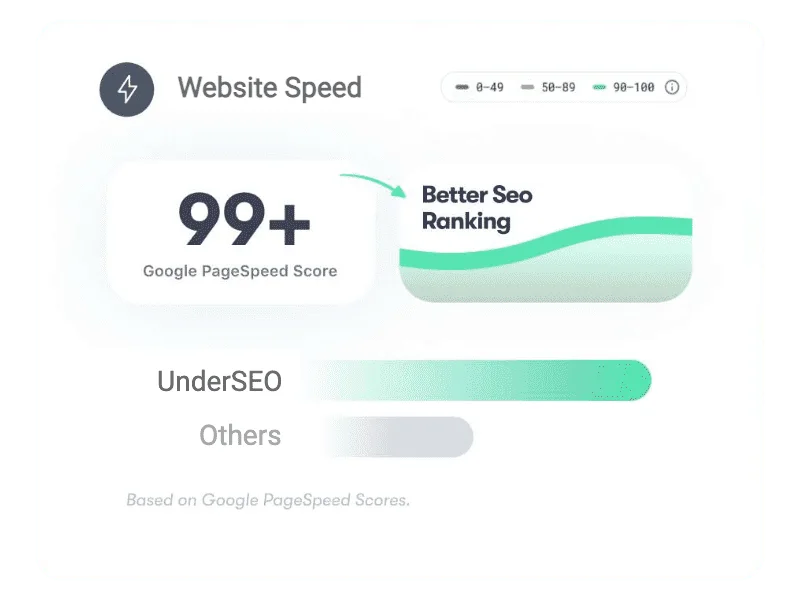
Need Some Help?
The Ultimate Guide to SEO for E-Commerce Websites in Singapore
Conclusion
In conclusion, implementing effective SEO strategies for your e-commerce website is crucial for your online success in Singapore. By improving your website’s visibility, driving relevant traffic, enhancing credibility, and increasing engagement and conversions, SEO can bring tangible results to your business.
Moreover, by conducting thorough keyword research, identifying customer needs, and optimizing product descriptions and meta tags, you can stay ahead of your competition and reach your target audience effectively. So, take advantage of this ultimate guide to harness the power of SEO and boost your e-commerce website’s success in Singapore.

